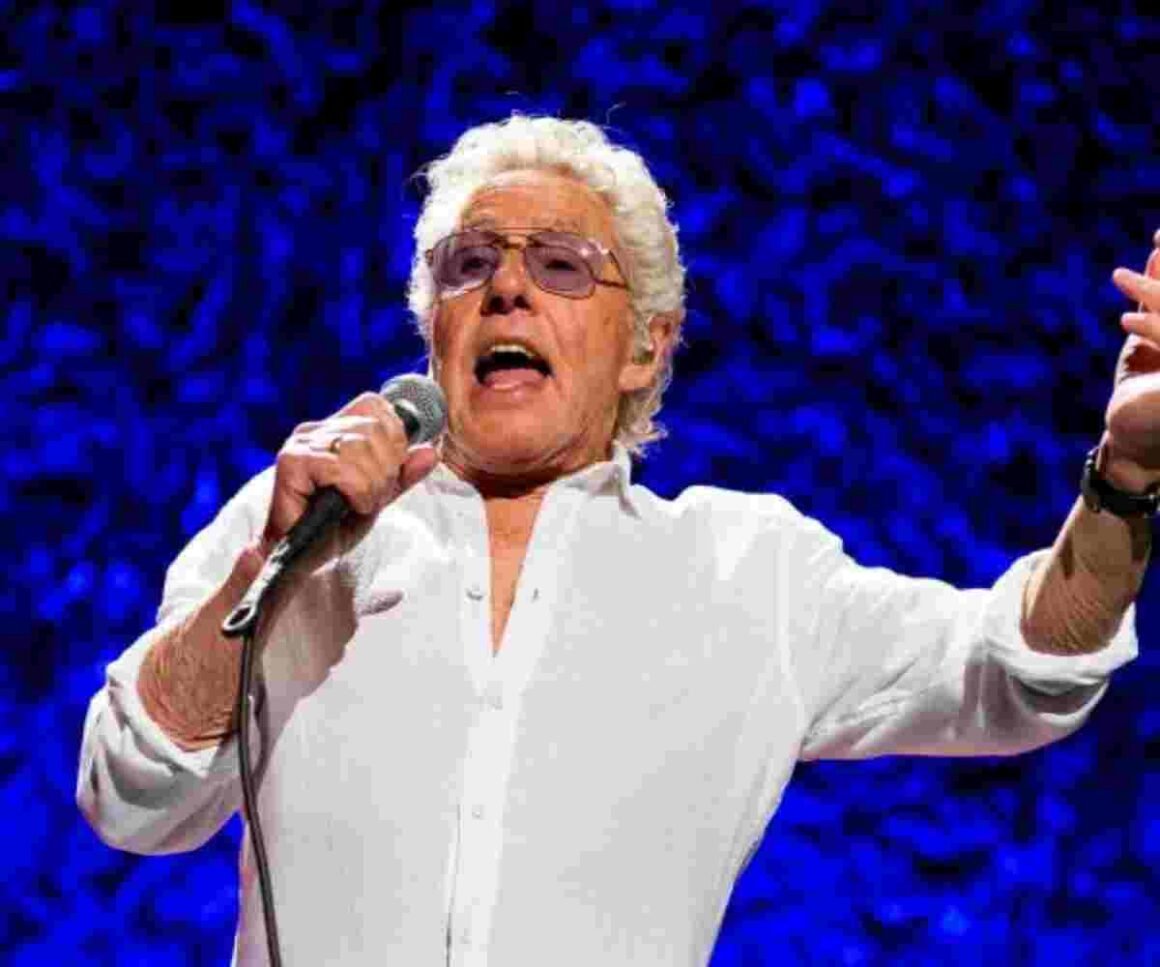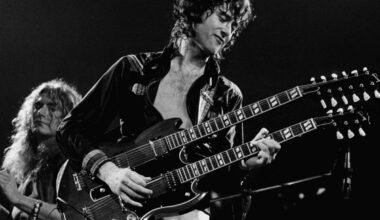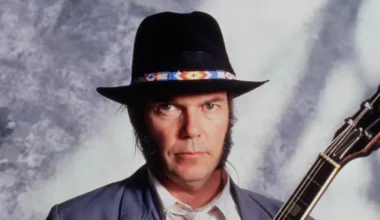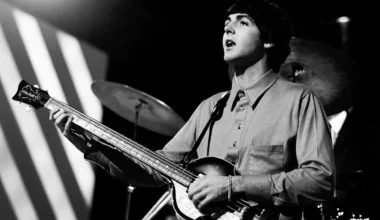“Rock ‘n’ Roll may not solve your problems, but it does let you dance all over them,” Pete Townshend once remarked. This spirit was embodied by his frontman, Roger Daltrey, who sparked the dance at The Who’s explosive shows during the tumultuous 1960s.
As the British Invasion offered an adrenaline-fueled escape from the challenges of the era, Daltrey emerged as a symbol of fun and liberation amidst the looming draft and social upheaval.
With golden locks flowing and a marble-like physique ready to absorb any criticism, Daltrey’s swaggering presence was a defiant force that brought strength to The Who’s music and inspired a gritty attitude in a generation.This edginess did not go unnoticed by Mick Jagger, the frontman of The Rolling Stones, who was determined to match the boldness of his peers.
According to Daltrey, Jagger succeeded. “You’re never going to out-front Mick Jagger. He’s the best frontman there’s ever been,” he declared.
Jagger’s journey began in the jazz clubs of London, where his quiet demeanor didn’t reveal the electrifying performer he would become. His transformation took off after he saw James Brown perform at the Apollo Theatre in New York. “It wasn’t just the moves he made—it was the energy he put into it; that was amazing,” Jagger recalled, recognizing the influence that performance had on his own stage presence.
The energy of Brown’s unforgettable performance on The T.A.M.I. Show further fueled Jagger’s ambition to elevate his frontman skills. These early experiences in America during the British Invasion pushed Jagger to raise his game.
Seeking further guidance, Jagger turned to Tina Turner, who recounted, “Mick wanted to dance – and I was a dancer – but he never gave me the credit! We taught him how to Pony.” The Pony, a dynamic dance move of the ‘60s, became a signature of Jagger’s style, showcasing his evolution as a performer.
Since then, Jagger has never held back. He infused his dancing with a unique sense of strutting and defiance that persists, even in his 80s. Daltrey asserts, “I’ve always thought that you cannot take away the fact that Mick Jagger is still the number one rock and roll show. The only other people I’d put up against him would be perhaps James Brown or Jerry Lee Lewis in his day.”
Daltrey adds, “There’s no competition at all. There’s Mick, and then all the rest of us are somewhere down the line.” While he acknowledges the charm of bands that might sound mediocre from outside a pub, he emphasizes that the magic of The Rolling Stones lies in their live performances, driven by Jagger’s undeniable talent.







